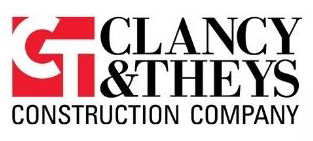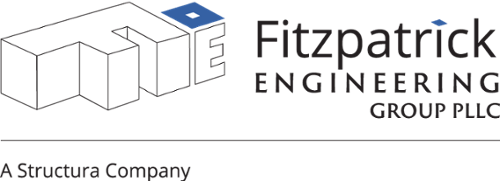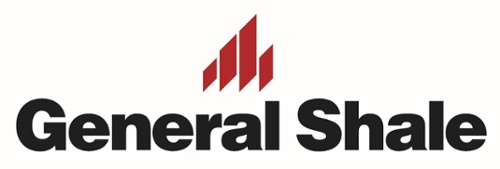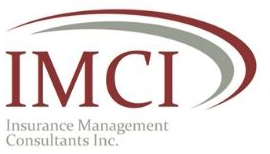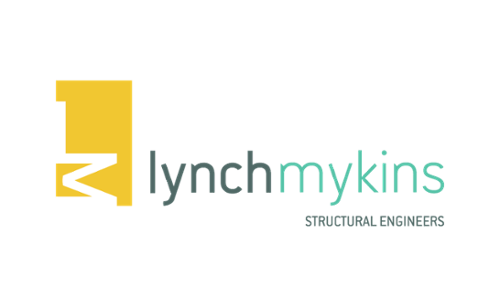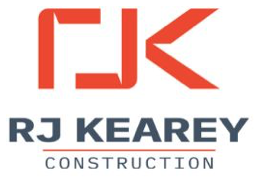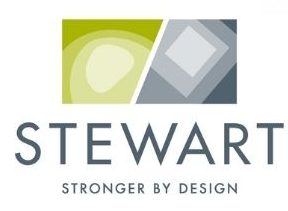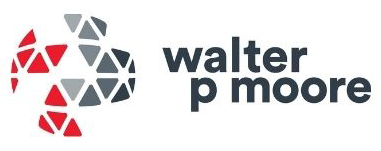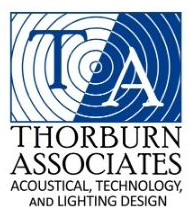
J. Richard Alsop, Jr., AIA (Chair)
richard@arcreview.org
Mission: At this time the Committee is primarily focused on the activities of the North Carolina Legislature. As the committee matures, we expect to broaden our activities to both Federal and Local Legislation as well as the Building Code Council and eventually support the AIA Political Action Committee.
The current mission includes the following:
- Inform AIA members of legislative activities affecting the profession of Architecture as well as those supportive of or in opposition to the goals of the AIA 2030 Challenge.
- Assist in developing relationships between AIA members and elected representatives.
- Organizing events and workshops to further member understanding of the legal process and our role as resources and advocates.
- Coordinate our activities with our allied professionals.
- Work closely with NCAIA in selecting the more significant legislative items to address.
Goals:- Provide regular updates of pertinent issues related to legislative bills. Be organized such that when immediate action is called for, we have the ability to muster an appropriate response.
- Have one Charlotte Section AIA member serve as a liaison with each of the 39 elected members of the NC Legislature serving our area.
- Have each of our members make contact at least once a year with their NC Senate and House representatives.
- Have at least 39 members of the Charlotte section participate in legislative day activities, to ensure each member of the NC House and Senate are able to put a face to the Architects they represent.
- Track our progress in terms of member involvement and impact on the legislative process.
Update from Richard Alsop, Jr.
January 25, 2017
Dear AIA North Carolina Members -
January 25 is opening day for the North Carolina General Assembly with House and Senate members beginning the process of submitting and discussing bills affecting every aspect of State Government and our lives.
Many of these bills will impact the built environment, and in significant ways the building professions, including architects.
Here's a brief run down on what you can expect:
Repair & Renovation
The State of North Carolina owns and manages nearly 12,000 buildings totaling roughly 119 million square feet. These facilities most notably serve higher education, as well as health and human services and public safety. Despite the critical needs of these facilities, they are aging faster than the State has been able to care for them through maintenance, repair and renovation. This underfunding of much needed repairs and renovations has cost the State more in energy losses, collateral dysfunction and high priced emergency repairs than if funded adequately in the first place.
This "cost of doing nothing" is estimated as a waste of $1.4 billion annually due to unfunded repairs. To avoid this loss, adequate repair and renovation funding by the State should be to the tune of $630 million per year - or 3% of the building inventory replacement value. Over the last 12 years that funding has averaged around $100 million annually. In essence, the State invests only about 15% of what is needed to protect its facility assets.
The AIA and its partners in the design & construction industry will once again attempt to focus law makers on this critical need for the state in order to raise the investment in our state real estate holdings.
Challenges to PPP Law
In 2013 the AIA lead a coalition of design, construction, local government, state agencies, legal interests and development entities to craft the framework for a law defining how public private partnerships would operate with governments across North Carolina. HB 857 was a response to the coming trend in local governments to turn to the private sector in assisting them in delivering public facilities with private financing, ownership and non-traditional project delivery methods.
The legislation clearly outlined how these privately owned public facilities were to meet transparent contracting processes and maintain fair competition for design and construction companies. Unfortunately there has been recent attempt to subvert the provisions HB 857 in the public K-12 facility market, most notably with the introduction of SB 554 in 2015. That measure failed in 2016, but will see life again as a new bill in 2017.
Transportation
Funding to improve infrastructure is on the agenda and rules were established in years past for the qualification of projects. The proposed Durham-Orange light rail line however became a victim of politics over policy when after meeting all the objective criteria for approval was scuttled by legislative action. Seeing the growth along the Charlotte rail, especially with respect to the benefits to architects, AIA NC is committed to having the state honor policies it has instituted and removal of the light rail funding cap.
HB 2
The bill that gave North Carolina global media coverage and divided our State further will continue to be a priority for AIA NC, which approached the matter as an issue of bathroom parity. The State Building Code council has accepted our recommendation to discuss the physical aspects of bathroom designs as we attempt to address the inequities that exist. AIA members have been committed to standards of equality, with notable bathroom parity issues such as dismantling the Jim Crowe laws and segregation of facilities to promoting laws requiring accommodation for handicapped persons. We believe keeping the dialogue open and seeking a solution acceptable to all concerned is the role we need to play in this discussion.
Duty to Defend
AIA, with its partners in the design & construction community, will explore the idea of limiting professional liability exposure from indefinite contract clauses that increasingly owners are using for their own blanket indemnification. These clauses know as Duty to Defend are for the most part uninsurable and force design professionals to respond to third party lawsuits by others not under the control of the Architect.
Duty to Defend arguments have been seen in NC Courts for a century. Without a clear provision for a cap with respect to Architect's liability, professional insurance may be unobtainable.
Other issues include funding economic development in rural vs. urban areas of the state; regulatory and tax reform; redistricting and more budget issues relating to state construction.
So far, 48 architects have agreed to serve on one of the six AIA NC Legislative Knowledge Teams this year with the limited scope of reading the bills introduced in the Legislature impacting our profession and providing an opinion to members as to how it impacts our profession.
We hope that our program this year will provide all members with knowledgeable insight into the measures being introduced so that you will feel confident in meeting with your own legislative representatives on April 5 when architects from across the state convene in Raleigh to meet with their legislators, or when you see them in your own home town.
If you would like to be involved in our advocacy efforts through the Chapter, please contact me at any of my numbers below.
Richard Alsop, Jr., AIA
AIA North Carolina Advocacy Director
richard.alsop@ARCREVIEW.Org
PO Box 481000
Charlotte, NC 28269
704-358-8400 (o) 704-517-9685 (m)




